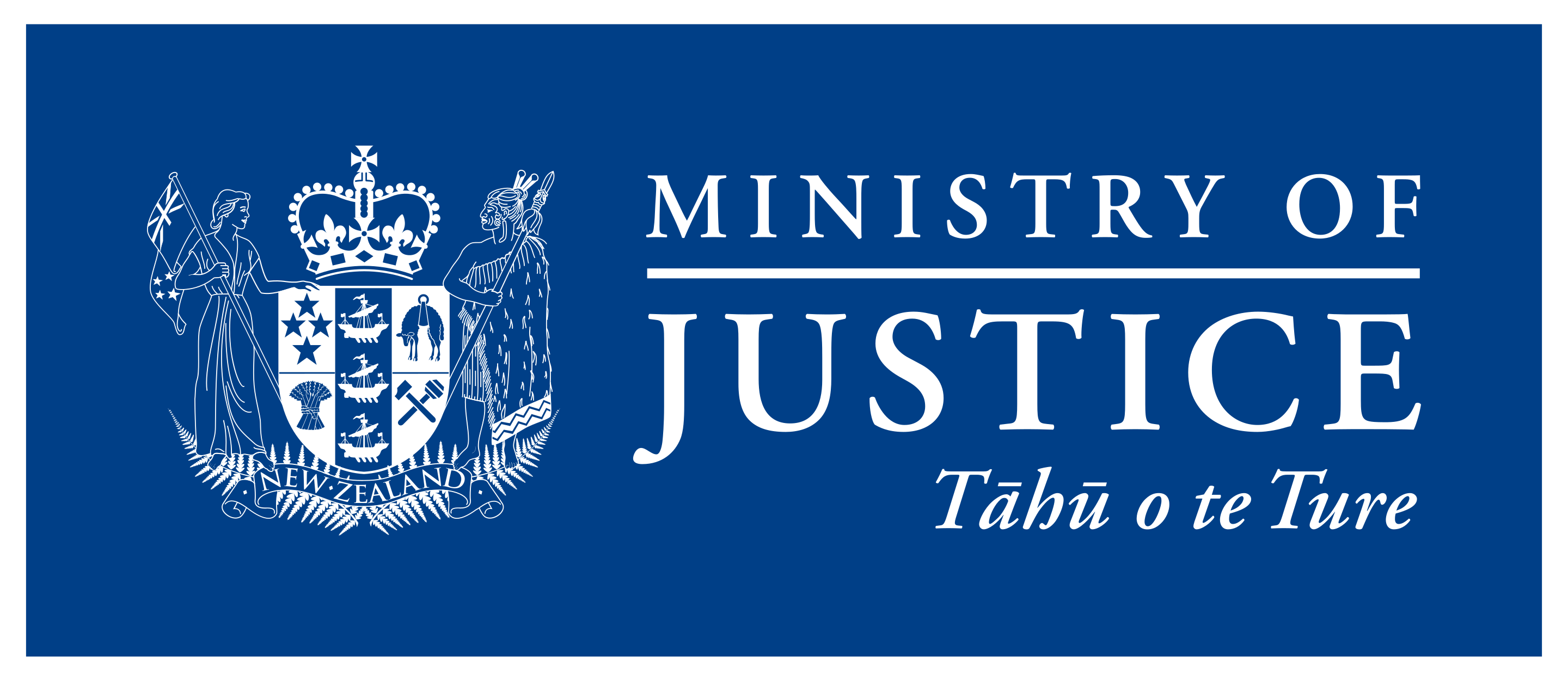Once you have successfully completed your initial training including the five-day course, you can then work towards initial accreditation.
Assessment steps and criteria
The criteria for approval rests on assessing facilitators and finding that they have the necessary skills and competence to facilitate all or any part of restorative justice, safely and professionally. This includes adherence to the relevant Restorative Justice Practice Framework and Standards. Assessments will allow facilitators to be accredited for:
standard restorative justice accreditation (foundational component for delivering restorative justice for standard cases)
family violence endorsement (this will automatically give you standard accreditation)
sexual violence endorsement (Note sexual violence endorsement will be for individuals employed and/or contracted with Project Restore New Zealand Trust and this endorsement will automatically give you standard accreditation)
The four assessment components (accreditation or endorsements)
Component | Standard practice (accreditation) | Specialist areas (endorsement) | Criteria |
Component 1: Peer to Peer Feedback: Brief written peer feedback about the facilitator based on peer (accredited facilitator colleague) observations of three pre-conference meetings and/or conferences | Use standard cases | Use Family or Sexual Violence cases | See Appendix 1 facilitator package |
Component 2: Conference observation: A conference observation, in-person or online, with provision for mock conference observation under special circumstances | Use standard cases | Use Family or Sexual Violence cases | See Appendix 2 facilitator package |
Component 3: Report: That conference’s restorative justice report written by the facilitator | Use standard cases | Not needed if already hold standard practice accreditation | See Appendix 3 facilitator package |
Component 4: Professional Conversation | Use standard cases | Use Family or Sexual Violence case | See Appendix 4 facilitator package |
When to apply
You have 12 months from the completion of your initial five-day course, to complete your accreditation process. During that period, you will be co-facilitating RJ cases.
If you will be applying from the outset to gain Family Violence endorsement, please complete the training required for that first (i.e. the specific FV training), ensure that you participate in Family Violence cases so that you can have Peer to Peer feedback (component 1 above), and so that a conference observation can be done specifically for that endorsement (component 3 above). This will avoid the need to do both a standard and a Family Violence conference observation.
What happens if you are not successful?
It is not uncommon to be unsuccessful in seeking accreditation or endorsement the first time around. Support will be provided to any facilitator that is not successful in meeting the requirements:
The mentoring plan will be renewed
You will be encouraged to apply again after six months.
Working in endorsed areas of practice & eligibility to facilitate standard cases
Some practitioners will work only in the specialised areas of family or sexual violence cases.
As the standards for practice in these areas require additional competencies to those outlined in ‘standard’ restorative justice, you also have accreditation to work in standard restorative justice cases if endorsement is achieved.
More information
Please download the pathways guide and resource package
